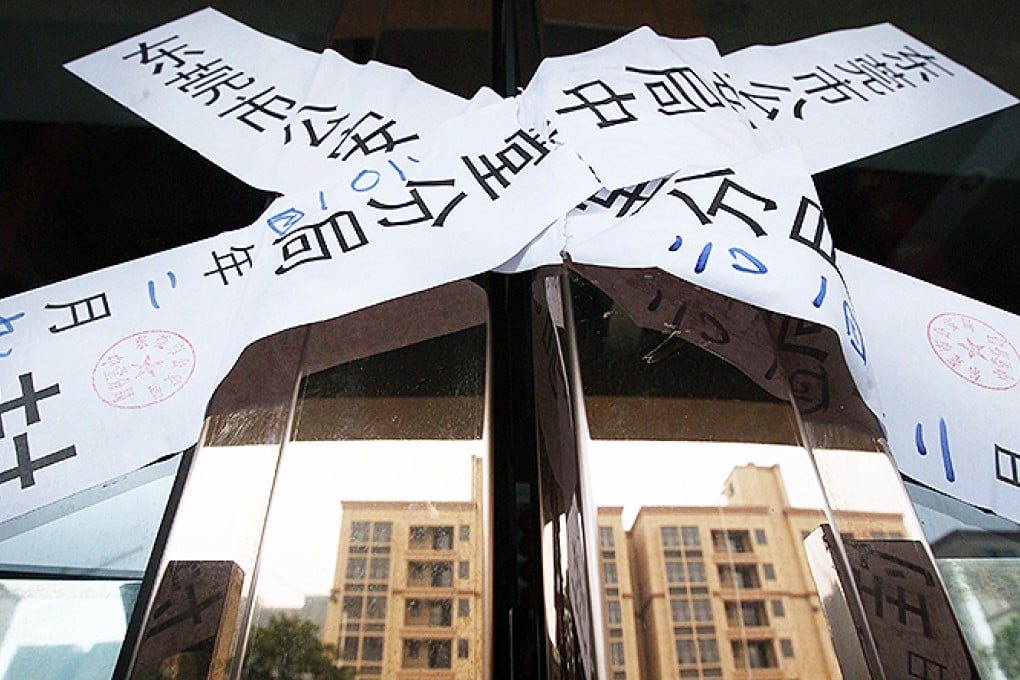China's anti-vice crackdown must remain within the law
Zhou Zunyou urges anti-vice officers to guard against violations, including on right to privacy

Guangdong authorities' heavy-handed action against the sex trade in Dongguan , dubbed China's "capital of sex", has raised concerns about the execution of the wider campaign against vice that is now under way.
In law, prostitution has been banned in the People's Republic since its founding in 1949. In practice, however, the "world's oldest profession" exists everywhere, especially in the country's economically developed regions. Prior to the crackdown, Dongguan authorities seemed reluctant to face up to their problem of rampant prostitution.
Surprisingly, the CCTV exposé of the extent of the trade and Guangdong's subsequent response generated a debate over whether to legalise the sex industry. Given the generally negative attitude among its people towards the sex trade, mainland China is not likely to decriminalise prostitution in the foreseeable future.
Since prostitution is illegal, the government is right to enforce the law. Yet the current anti-vice crackdown is a cause for concern because of human rights violations.
As in many previous crackdowns, images of many sex workers were exposed to the public and circulated widely on the internet. By contrast, the identities of pimps and organisers were concealed. This is exactly why social media users and human rights activists criticised CCTV and the authorities; their actions shamed and intimidated the sex workers rather than exposing the powerful people who operate and protect the business.
Revealing the images of sex workers was intended to shame them. Such public exposure should be forbidden, because it is a humiliating practice similar to the "shame parades" that have been banned by the authorities.
In 2010, the Ministry of Public Security issued a regulation to forbid police authorities from publicly shaming sex workers, on the grounds that such practices violated the law and human dignity. This regulation was a response to the public outcry provoked by "shame parades" in several cities, including one instance in Dongguan where sex workers were shackled, roped together and forced to walk barefoot through the city streets.